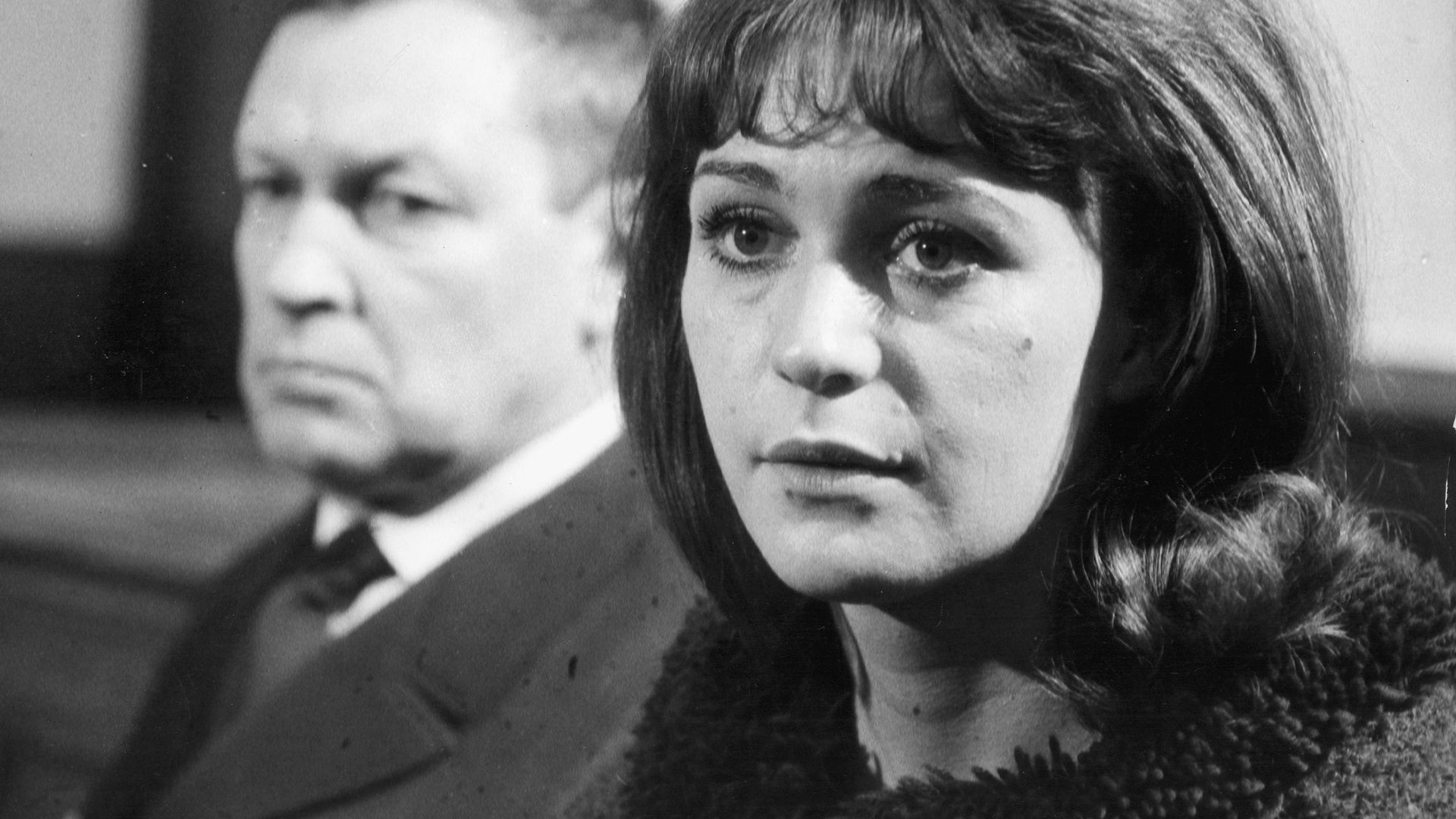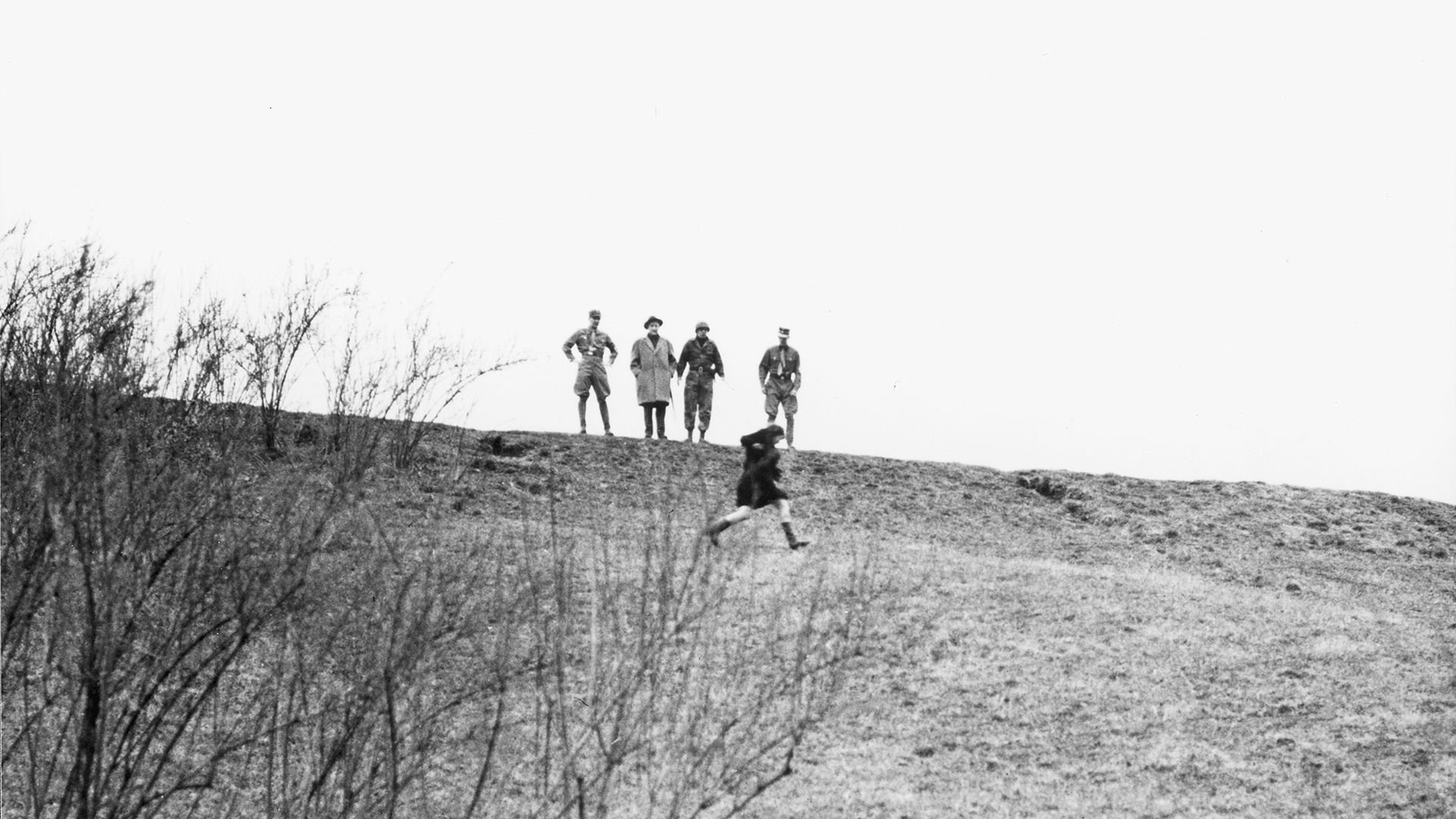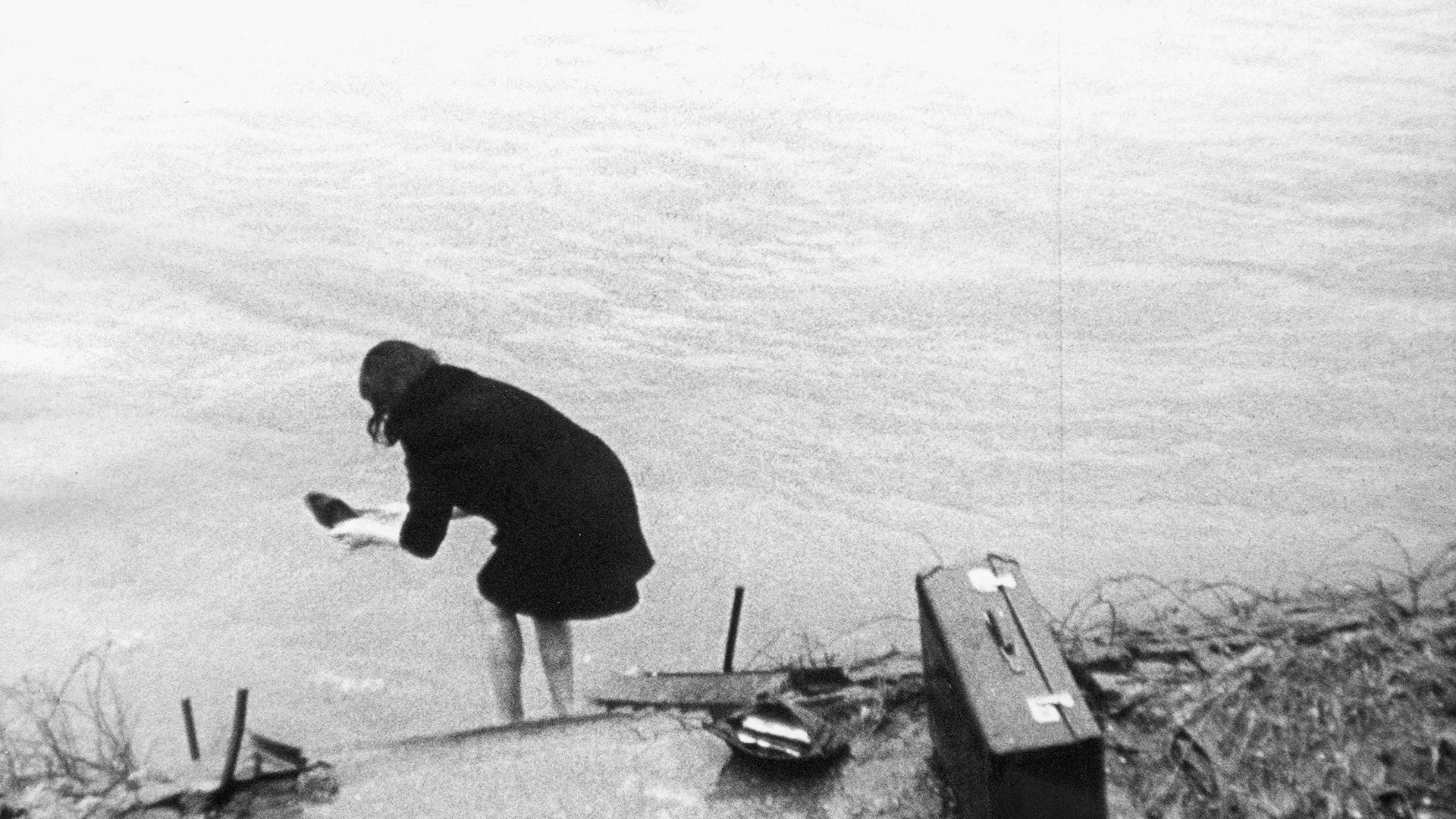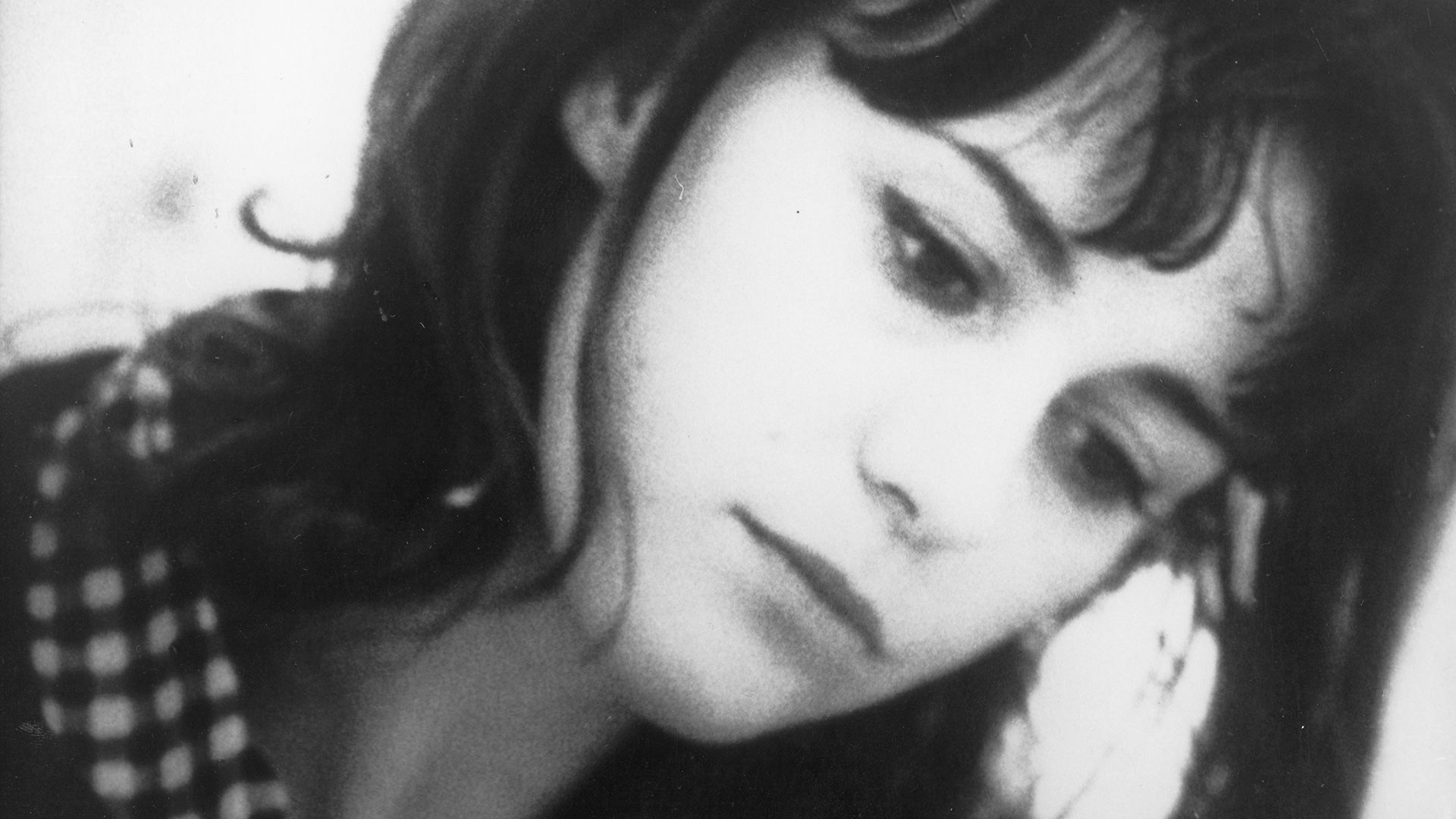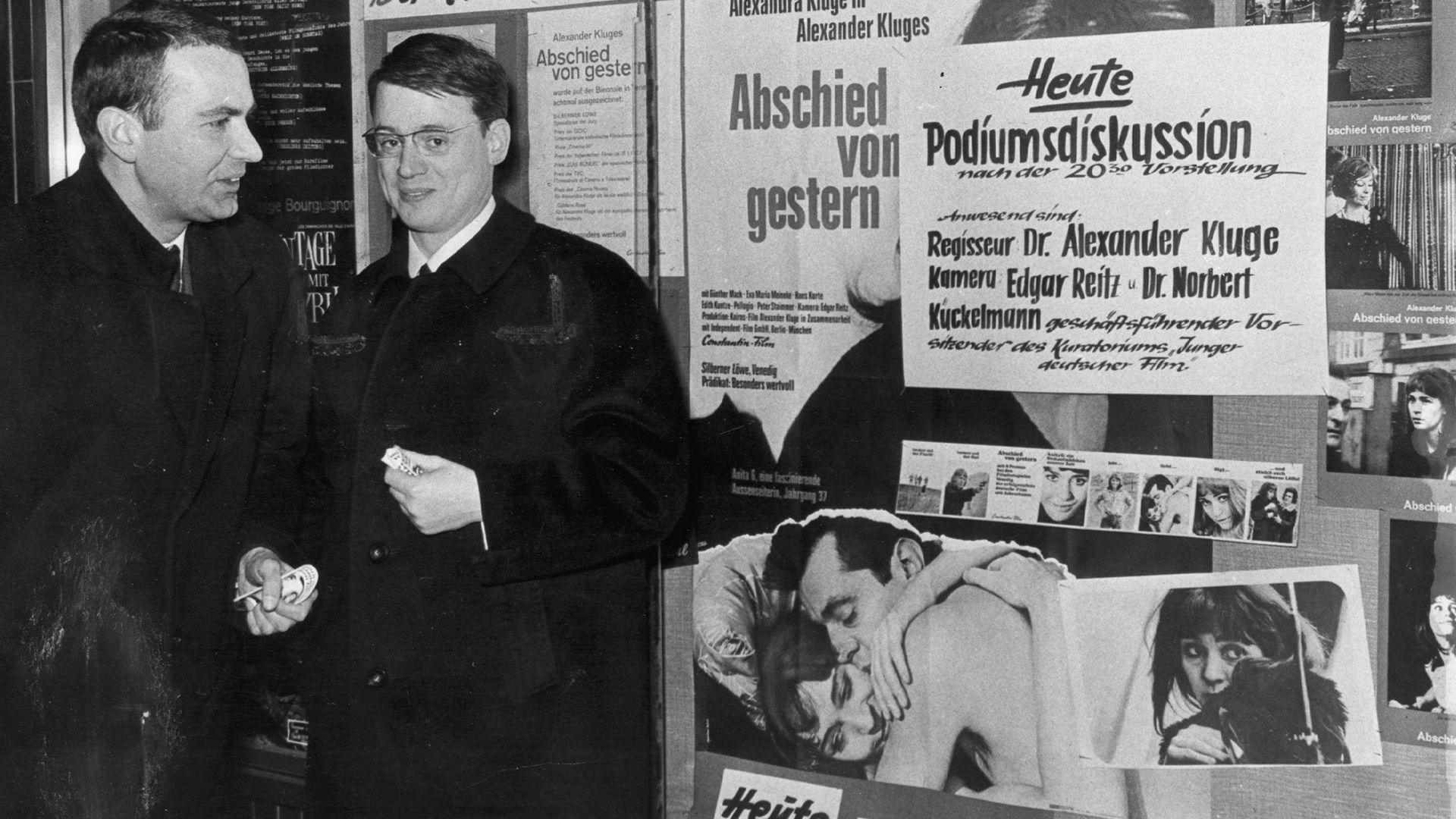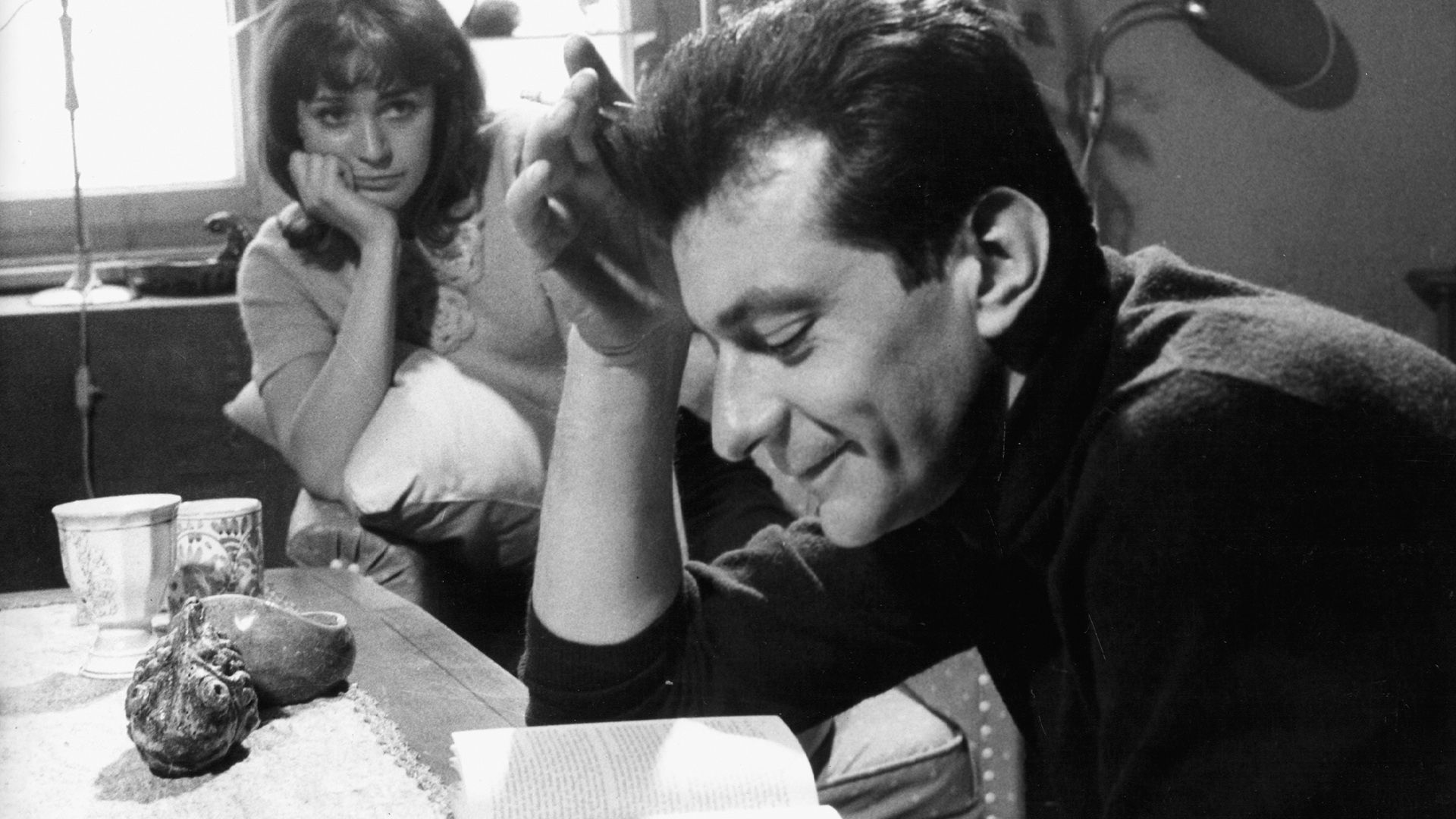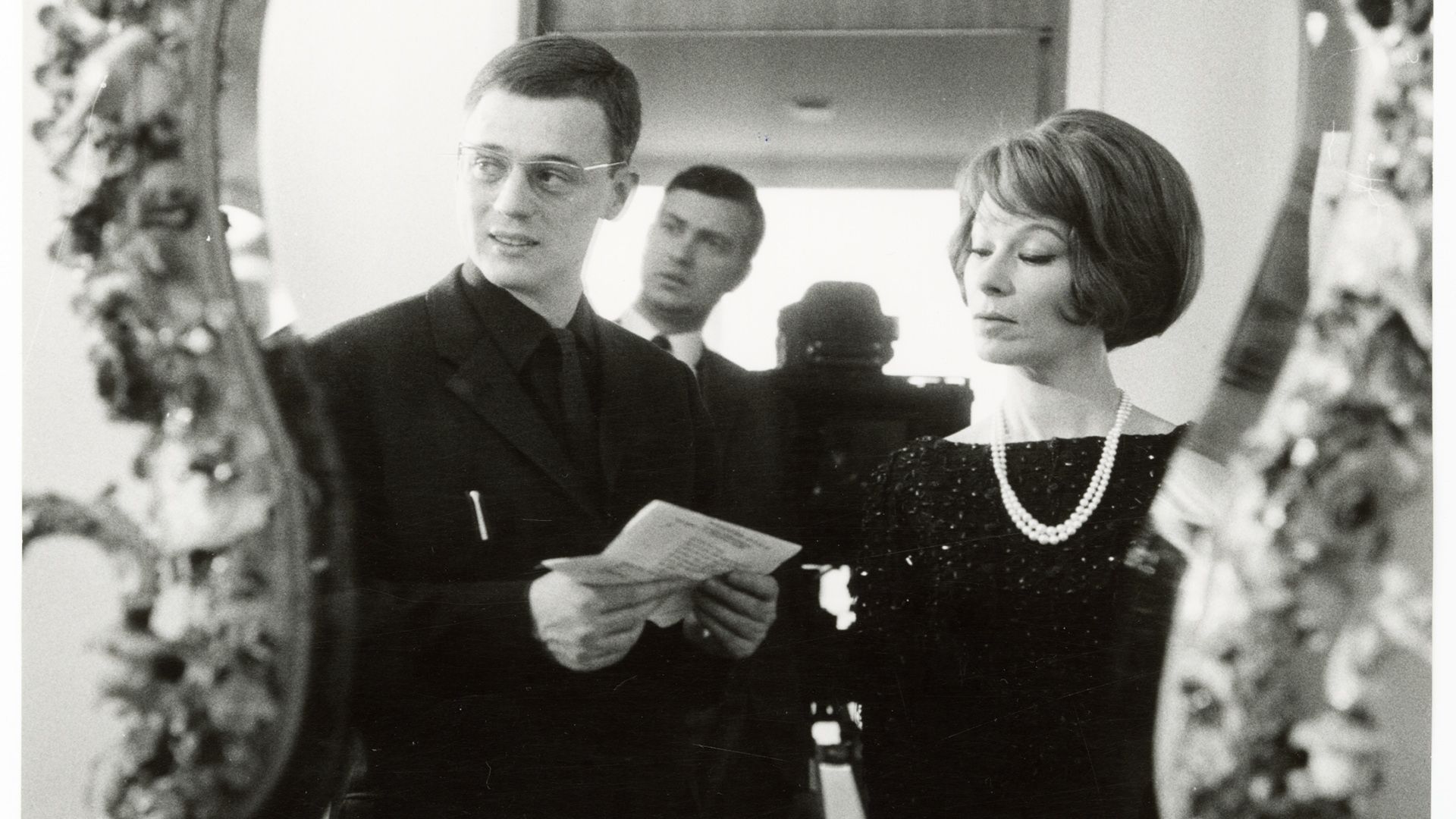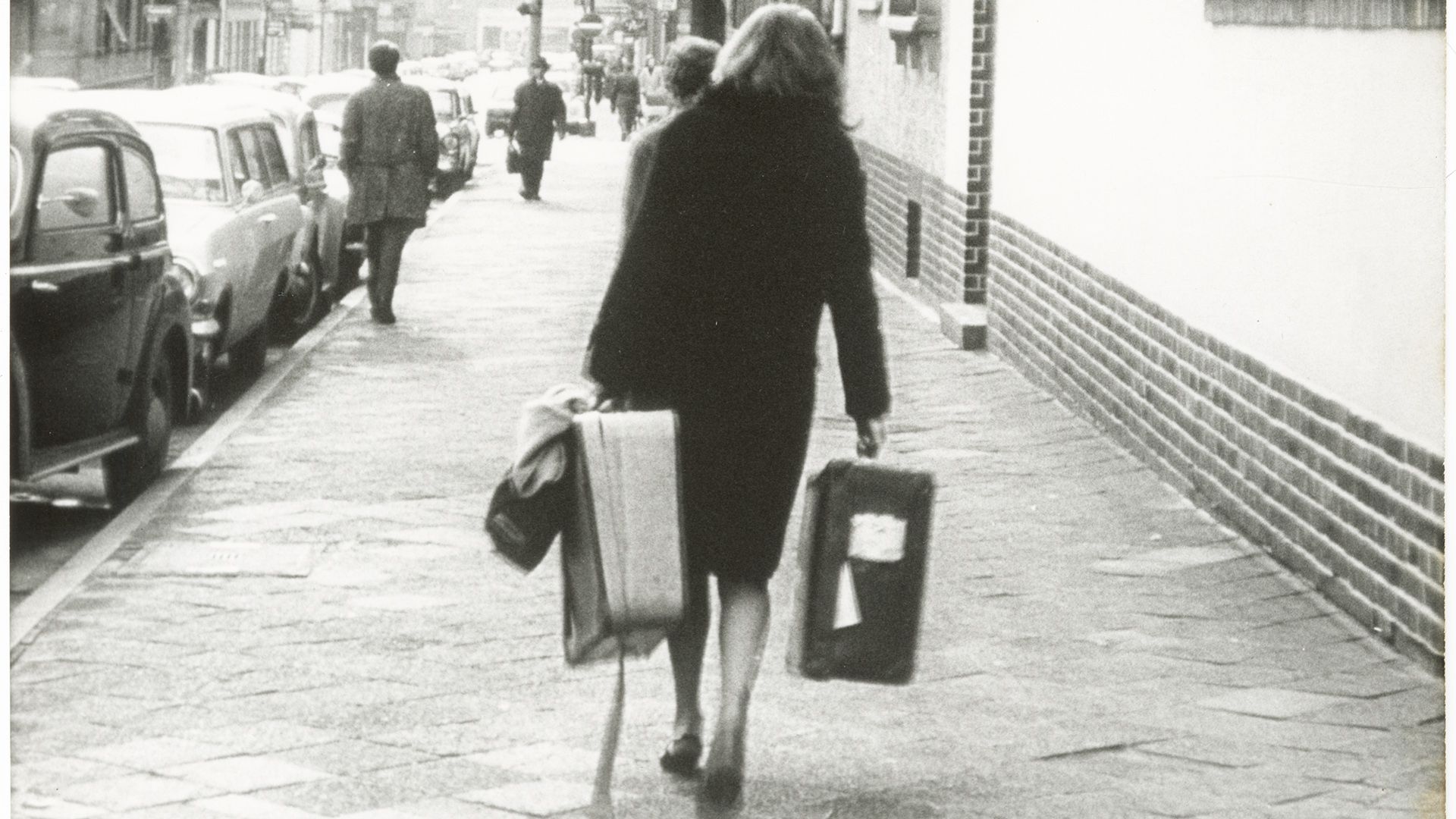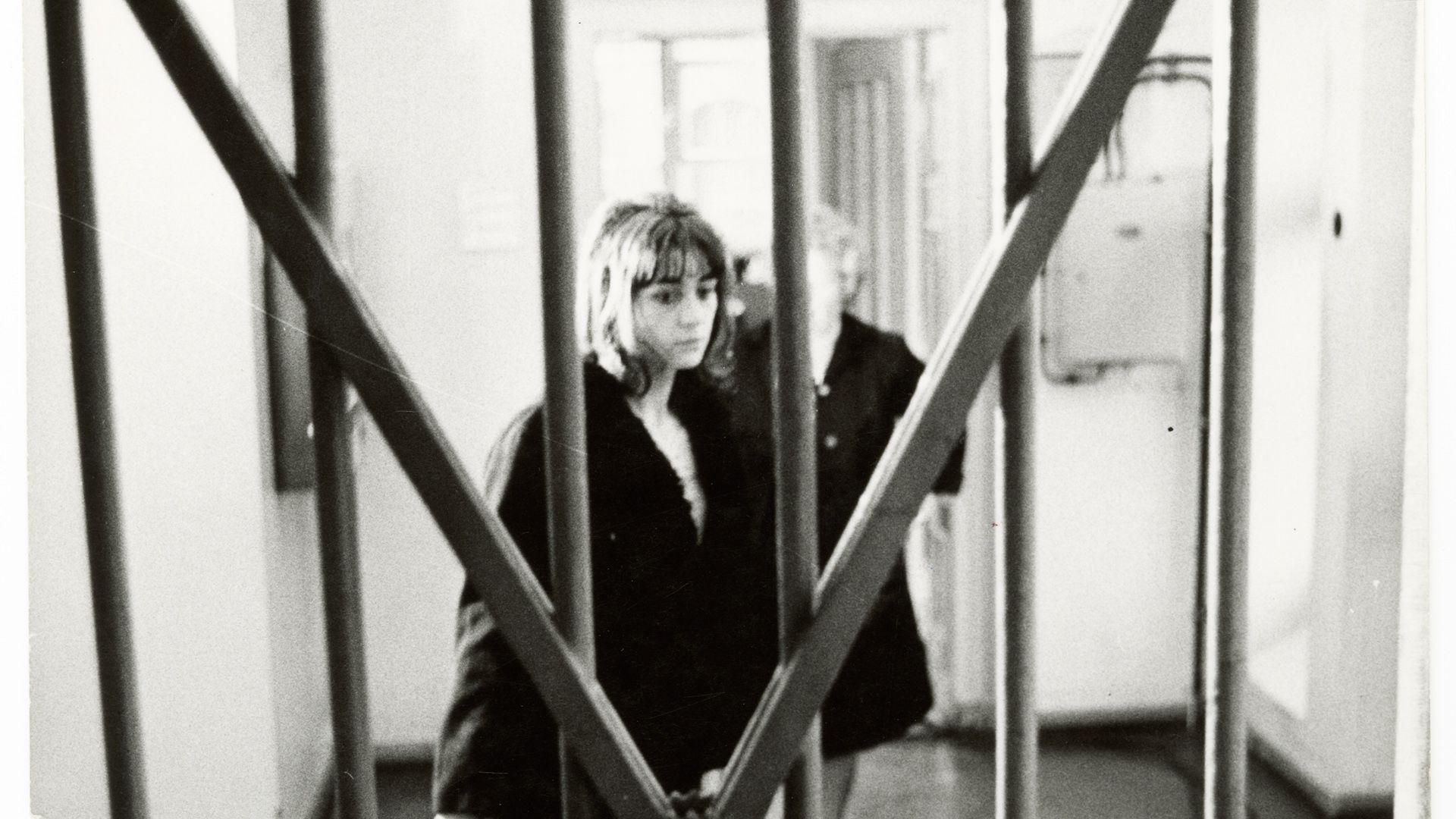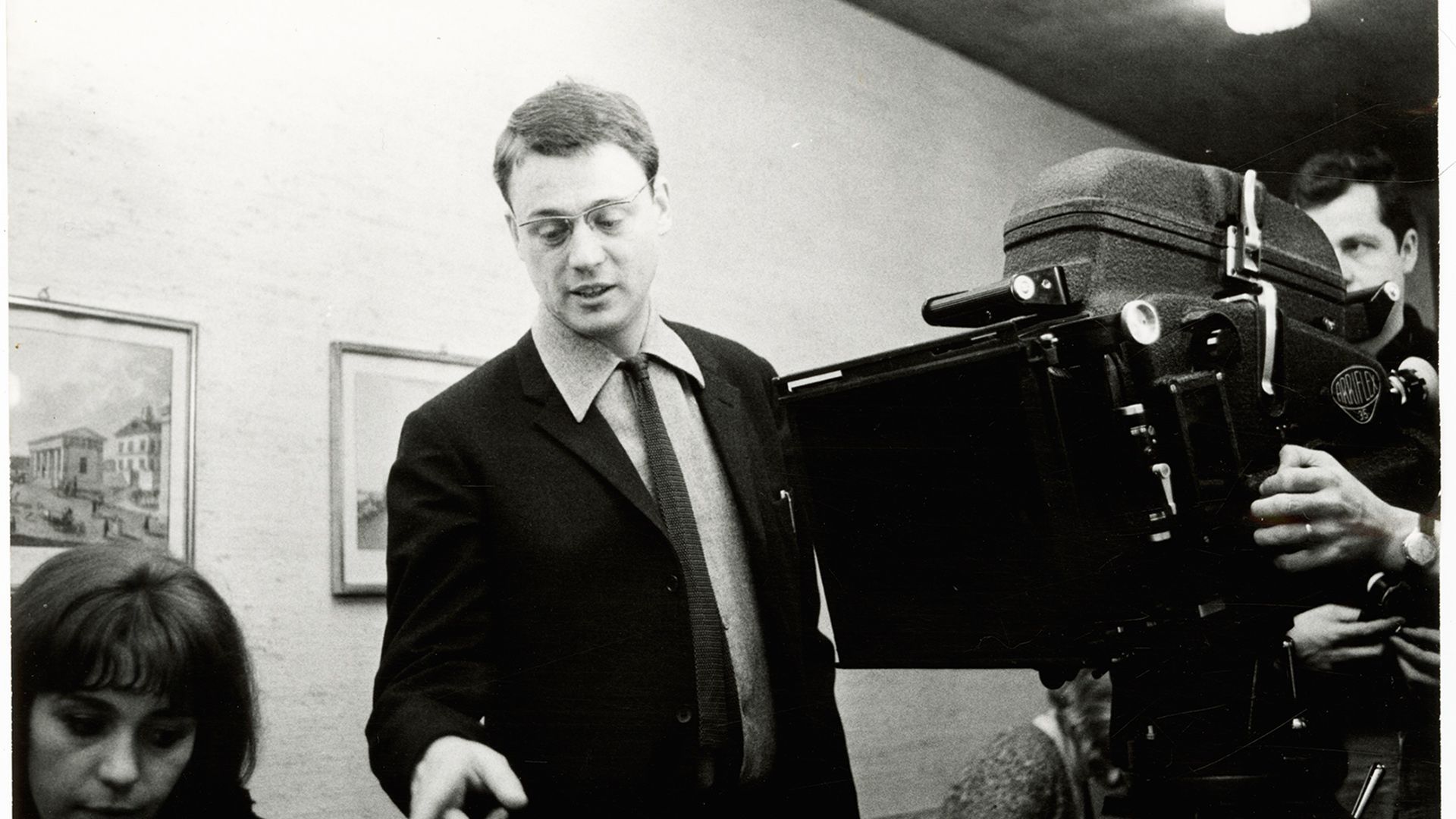Yesterday Girl
An iconic film that introduced the world to New German Cinema.
“Conventional film is dead. We believe in the new film.”
So declared 26 young filmmakers in the Oberhausen Manifesto of 1962. One of its ideologues was Alexander Kluge, a director, writer and philosopher, now aged 93, whose first film, “Yesterday Girl”, became the Manifesto’s representative work and was awarded the Silver Lion at the Venice International Film Festival in 1966.
Jewish East German Anita G relocates to West Berlin and tries to start a new life there, but her attempts fail one after another. She runs into trouble with the law, changing jobs and husbands, finally finding freedom ... in prison.
The author of this sharply socially critical film which ignores the rules of traditional film aesthetics, has also been called the German Godard. His work is almost completely unknown on Estonian screens – all the more reason for this screening.
Tiit Tuumalu
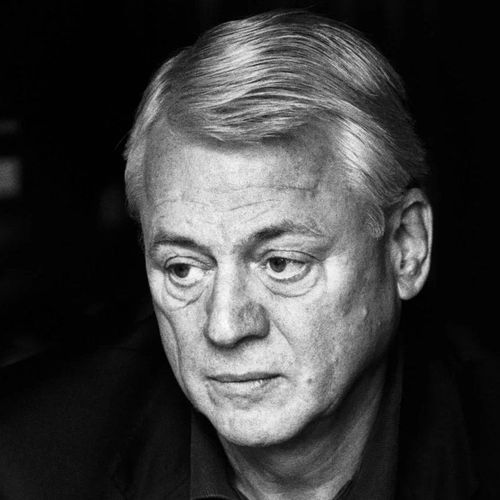
Alexander Kluge (1932) was a lawyer and writer before becoming an assistant to Fritz Lang in 1958, for whom Kluge worked as an assistant on the making of “The Tiger of Eschnapur”. Kluge directed his first film in 1960, “Brutality in Stone”, a twelve-minute black and white lyrical montage which premiered in 1961 at what was to become the showcase for the new generation of German filmmakers, the Westdeutsche Kurzfilmtage (now known as the International Short Film Festival Oberhausen) in Oberhausen. In 1962, he was one of the signatories of the Oberhausen Manifesto, which marked the beginning of the New German Cinema. Kluge founded his own television company in 1987. Kluge has received many awards for his work.
ie Artisten in der Zirkuskuppel: ratlos (Artistid tsirkusekupli all: lootusetus, 1968), Der große Verhau (The Big Mess, 1971), In Gefahr und größter Not bringt der Mittelweg den Tod (In Danger and Dire Distress the Middle of the Road Leads to Death, 1974, co-dir), Die Macht der Gefühle (The Power of Emotion, 1983), Orphea (2020, co-dir), Cosmic Miniatures (2024)




